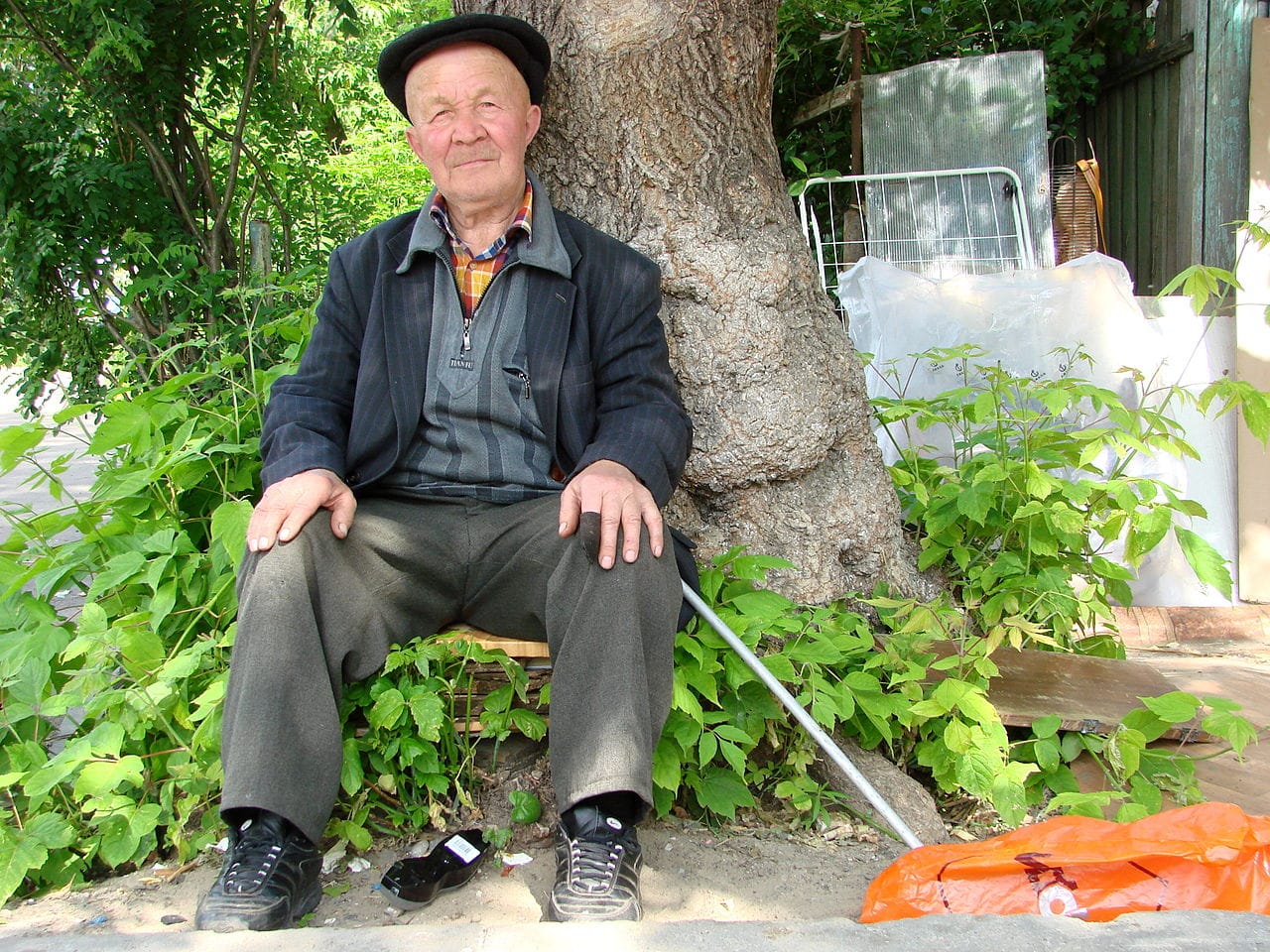The following bilingual Russian MiniLesson is meant to build your vocabulary by providing Russian phrases within English text. Hover over the bold Russian to reveal its English translation.
Most Russians feel uneasy talking about aging. There are many Russians proverbs that express a negative attitude towards old age, such as , or , or . The general Russian outlook to old age, whether positive or negative, is usually fatalistic.
In certain cases, there is a tradition of . Younger people often in public transportation. They may also . There are some Russian expressions that convey respect to the physical signs of old age, such as , as well as some expressions that associate older people with wisdom: or .
However, many Russians say, . Some people say, . This attitude is partly caused by a feeling of insecurity, since for many people in Russia, . This is mainly due to the fact that retire and have no substantial savings, unless they are successful businessmen or executives who
While in many countries, , is often viewed as something pleasant, in Russia state pensions were decimated by the and of the 90s. While they are now beginning to recover, most still say that it is . To make matters worse, the also destroyed any savings that people had and Russia had not yet developed corporate or personal pension funds (which are still, for the most part, underdeveloped). In part because of this, the elderly are the main support for the Communist Party, because they remember a USSR slogan, .
Also, some expressions in Russian reveal a sarcastic attitude towards old people, such as pejorative collocations like , , or , which refers to men’s loss of strength. Another common conception of old age in Russian is . This describes older men who to prove their manliness. In dating younger girls, some men want to get rid of their . Other men just when thinking about the effects of .
At the same time, some older people have a wise and calm outlook on their age. A may talk about her plans for the future with the remark, . A very old lady can say, , meaning she has accepted the fact that she will die soon and will rest after she dies. Many modern Russians have a special respect for , because many people were brought up by their grandmothers while their parents were busy working; for this reason, some people feel closer ties with their grandmothers than with their parents.





